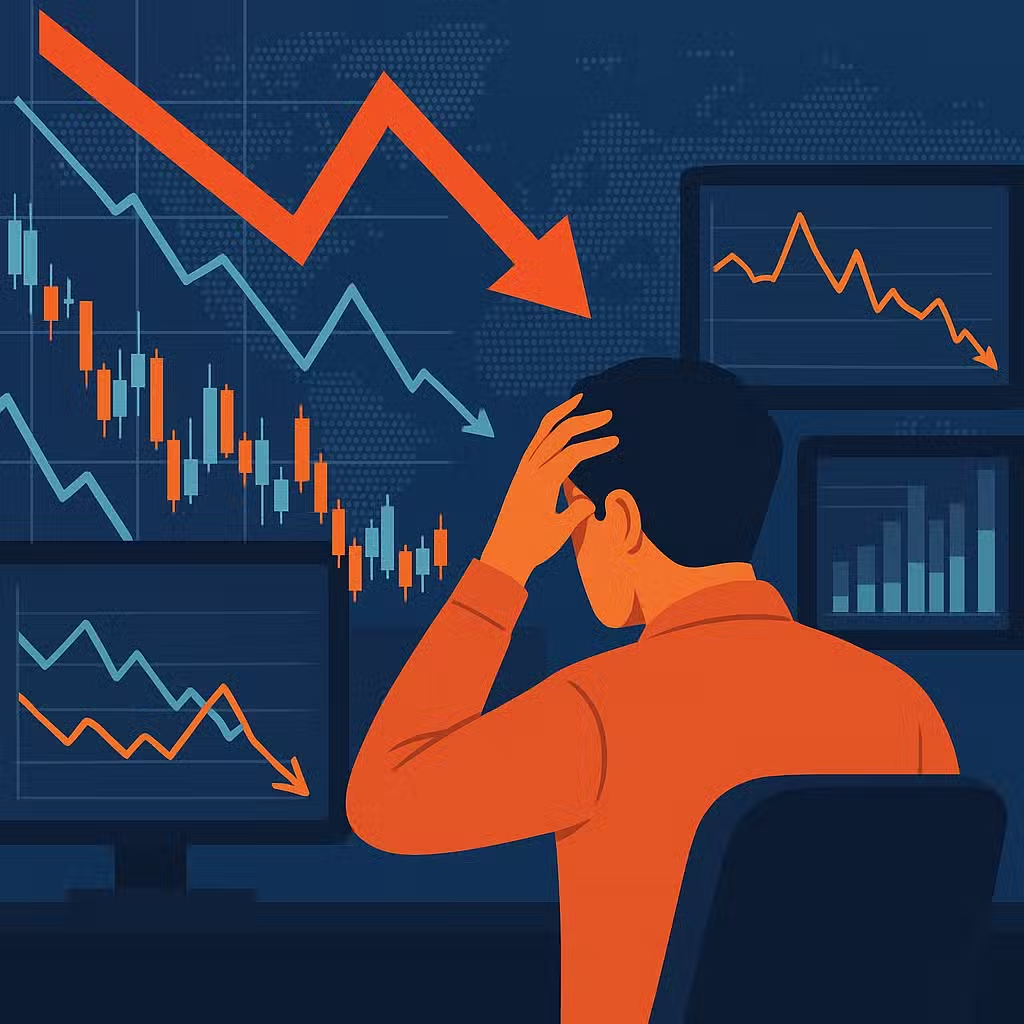Guidance for Federal Workers Facing Furloughs: Key Considerations for Investors
Imagine if your school suddenly closed for a week—no classes, no lunch, and no activities. That’s a bit like what happens when the government can’t agree on a budget: everything stops, and people who work there might not get paid. This matters for investors because a government shutdown can shake up the stock market, affect certain industries, and even slow down the whole economy.
Why Investors Should Care
When the government shuts down, hundreds of thousands of workers might not get their paychecks on time. This means less spending in the economy, which can hurt companies that rely on government business or consumer spending. For example, during the 2018-2019 shutdown, the U.S. economy lost about $11 billion, according to the Congressional Budget Office. Source.
Stock markets can also get nervous when there’s a shutdown. Investors might worry about missed payments, delays in government services, or even bigger political fights ahead.
Bull Case: Reasons Not to Panic
- Most shutdowns don’t last long. Many end in just a few days, and workers usually get back pay after it’s over.
- Essential services keep running. Programs like Social Security, air traffic control, and national defense keep going, so the impact isn’t total.
- Markets often bounce back. After past shutdowns, the stock market has usually recovered quickly. For example, after the 2013 shutdown, the S&P 500 rose nearly 2% within a month.
Bear Case: What Could Go Wrong
- Long shutdowns can hurt. The 2018-2019 shutdown lasted 35 days, leading to missed paychecks for workers and a slowdown in economic growth.
- New threats of layoffs. This time, there’s talk of possible mass firings, which is different from past shutdowns when workers were just furloughed (temporarily unpaid).
- Consumer spending drops. When workers don’t get paid, they spend less, which can hurt businesses and slow down the economy.
- Rising costs make things worse. With inflation already high, missing a paycheck is even tougher for families living paycheck to paycheck.
What Federal Workers and Investors Can Do
Financial planners say now’s the time to check your cash flow—know where your money goes and look for places to save. If you’re at risk of losing income, reach out to your bank or lenders. Some might offer help, like payment delays or special loans. During the last long shutdown, some credit unions gave zero-interest loans to federal workers.
If layoffs do happen, it’s important to understand your options. You might be able to get unemployment benefits or keep your health insurance through special programs, but these can be expensive. The Affordable Care Act marketplace may offer lower-cost coverage, but those prices could go up if Congress doesn’t act soon.
For investors, it’s a good idea to check which sectors or companies might be affected. For example, defense, government contractors, and even travel companies could see changes if the shutdown drags on.
Investor Takeaway
- Don’t make rash moves. Most shutdowns are short, and markets often recover quickly.
- Review your portfolio. Check if you own stocks or funds tied to government contracts or consumer spending and decide if you want to adjust your holdings.
- Keep extra cash handy. If you depend on government payments or work in affected industries, make sure you have an emergency fund.
- Watch for bargains. Sometimes, shutdown fears can push stock prices down, creating chances to buy strong companies at lower prices.
- Stay informed. Keep an eye on news about the shutdown and how lawmakers are handling it. Quick changes can create opportunities—or risks—for your investments.
For the full original report, see CNBC







